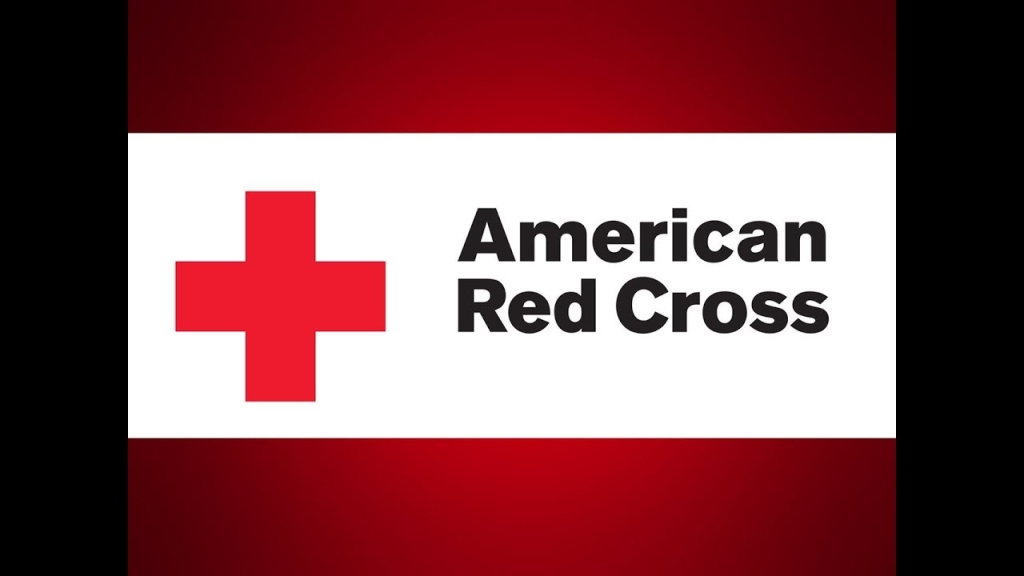
Unlocking the World of Phlebotomy Careers: Everything You Need to Know
Phlebotomy is a crucial part of the healthcare industry, involving the collection of blood samples from patients for various tests, transfusions, donations, and research. If you’re considering a career in phlebotomy, you’re in the right place. This comprehensive guide will cover everything you need to know about phlebotomy careers, from education and training requirements to job opportunities and salary potential.
**What is Phlebotomy?**
Phlebotomy is the practice of drawing blood from patients for medical testing or donation. A trained phlebotomist typically works in hospitals, clinics, blood banks, laboratories, and other healthcare settings. In addition to collecting blood samples, phlebotomists are also responsible for labeling the samples, ensuring proper storage, and maintaining accurate records.
**Education and Training Requirements**
To become a phlebotomist, you will need to complete a phlebotomy training program. These programs are typically offered by community colleges, vocational schools, and healthcare facilities. The training usually includes classroom instruction on anatomy, physiology, medical terminology, and blood collection techniques, as well as hands-on experience with venipuncture and skin puncture procedures.
After completing your training, you may be required to obtain certification from a recognized organization such as the National Healthcareer Association (NHA), the American Society for Clinical Pathology (ASCP), or the American Medical Technologists (AMT). Certification requirements vary by state, so be sure to check with your state’s licensing board for specific details.
**Job Opportunities**
Phlebotomy is a growing field, with job opportunities available in a variety of healthcare settings. Some phlebotomists work in hospitals, while others may work in outpatient clinics, blood banks, diagnostic laboratories, or physician’s offices. As a phlebotomist, you may also have the opportunity to work in research settings, assisting with clinical trials and studies that require blood samples.
According to the Bureau of Labor Statistics, the demand for phlebotomists is expected to grow by 17% from 2019 to 2029, much faster than the average for all occupations. This demand is driven by an aging population that requires more medical tests, as well as advancements in medical technology that require more specialized testing.
**Salary Potential**
The salary for phlebotomists can vary depending on factors such as location, experience, and employer. On average, phlebotomists in the United States earn around $35,510 per year, with the top 10% earning more than $50,000 annually. In addition to competitive salaries, phlebotomists may also receive benefits such as health insurance, paid time off, and retirement plans.
**Benefits and Practical Tips**
– Flexible work schedules: Phlebotomists often have the option to work full-time, part-time, or on weekends and evenings.
– Job stability: The healthcare industry is always in need of phlebotomists, providing a stable and secure career path.
– Opportunities for advancement: With additional training and experience, phlebotomists can advance to supervisory or management roles.
**Conclusion**
a career in phlebotomy can be a rewarding and fulfilling choice for those interested in healthcare. With the right education and training, you can embark on a career that offers job stability, competitive salaries, and opportunities for advancement. By unlocking the world of phlebotomy careers, you can make a positive impact on the lives of patients and contribute to the healthcare industry in a meaningful way. If you have a passion for helping others and a steady hand, phlebotomy might be the perfect career for you.
Unlock the door to a bright future in phlebotomy today!
